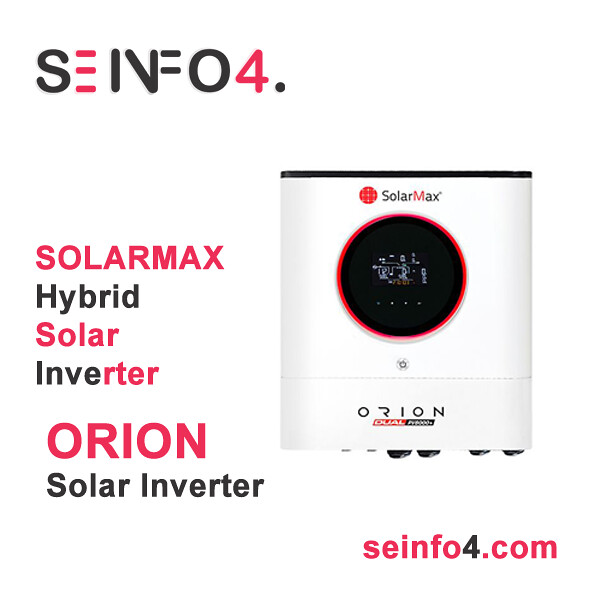Lithium Ion Solar Battery: Revolutionizing Energy Storage
Lithium Ion Solar Battery: Revolutionizing Energy Storage
Manufacturing Process:
The lithium ion s lithium ion solar battery olar battery, also known as Li-ion solar panel battery pack, is an essential component of the PV lithium ion power storage unit. It plays a crucial role in the functioning of a solar lithium ion energy storage system. The manufacturing process involves several steps to ensure high quality and performance.
Firstly, raw materials such as lithium carbonate, lithium ion solar battery cobalt oxide, nickel oxide, and graphite are carefully selected and purified. These materials undergo precise measurements and mixtures in specific ratios to form the active components of the battery.
Once mixed thoroughly, the material mixture is coated onto metal foils through a continuous process called slurry casting. This creates thin layers that will later become electrodes within the battery. The coated foils are then dried in controlled conditions to remove excess solvents.
Next comes assembly, where multiple layers of electrodes separated by separators are stacked together. This arrangement maximizes surface area contact between positive and negative terminals for efficient electron flow during charging and discharging cycles.
After assembly, each cell undergoes rigorous testing to e Li-ion solar panel battery pack nsure its capacity matches specifications before integrating them into modules or packs suitable for various applications.
Characteristics:
Lithium ion solar batteries have distinct characteristics that set them apart from traditional lead-acid batteries commonly used with solar systems:
1. High Energy Density: Lithium-ion batteries provide higher energy density compared to other storage solutions like lead-acid batteries. They can store more energy per unit mass or volume.
2. Longer Lifespan: With proper maintenance and care (such as lithium ion solar battery avoiding overcharging or deep discharging), these batteries can last up to 10 years or even longer.
3. Lightweight Design: Lithium-ion technology offers higher energy-to-weight ratios th Solar lithium ion energy storage system an other alternatives which make it ideal for portable applications such as off-grid camping setups.
4. Fast Charging Capability: These batteries support rapid charge rates without compromising their overall lifespan, making them highly efficient in critical situations.
5. Wide Temperature

Range: Lithium-ion batteries perform well under a broad range of temperatures, allowing their usage in diverse environments.
Advantages:
Choosing a lithium ion solar battery over other options brings several advantages to users:
1. Increased Efficiency: These batteries allow for efficient energy conversion and storage, resulting in reduced energy losses during charging and discharging cycles.
2. Versatility: Lithium-ion technology is compatible with various renewable energy sources such as solar panels, wind turbines, or hydroelectric generators.
3. Environmentally Friendly: Compared to lead-acid batteries which contain toxic lifepo4 battery wholesale materials harmful to the environment, lithium-ion batteries are more eco-friendly due to their recyclable components.
4. Maintenance-free Operation: Once installed and properly configured with the system, lithium ion solar batteries require minimal maintenance throughout their lifecycle.
Selection Criteria:
When choosing a lithium ion solar battery for your specific needs, consider the following factors:
1. Capacity Requirements: Determine an appropriate capacity based on your daily power consumption and desired backup duration during periods of low sun exposure.
2. Compatibility: Ensure compatibility between the battery p PV lithium ion power storage unit ack’s charge controller or converter and your PV system’s voltage requirements (e.g., 48V) for seamless integration.
3. Lifespan Expectations: Evaluate expected cycling life provided by manufacturers as it may vary depending on depth-of-discharge values or temperature conditions prevalent at your installation site.
Conclusion:
Lithium Ion Solar Battery emerges as a revolutionary innovation that empowers individuals and businesses alike to harness renewable energy efficiently while impro lifepo4 solar battery ving sustainability efforts globally. With its high energy density, longer lifespan, lightweight design,and fast-charging capability combined with playing vital roles in solar systems,Li-ion battery proves itself as 48v lithium ion battery 200ah the preferred choice for effective implementation of clean energy solutions.As consumers become increasingly conscious about reducing carbon footprint,the widespread adoption of Li-Ion solar Batteries represents another significant step towards achieving a greener and more sustainable future.
